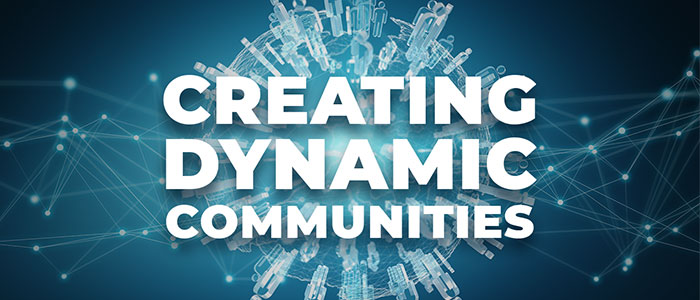|
I think about 20 percent of every business is going to be changed post-pandemic. Some of my observations/expectations:
• Remote meetings will remain and grow. The idea of spending $200,000 and more to bring hundreds of people together in meetings that essentially change nothing will be seen for what it is—wasteful. (Most conventions I’ve attended constitute a bunch of people coming together to lie about how well they’re doing.)
• Remote work, however, will turn out to be far less productive than everyone thought or wished. There will be a “porous” company arrangement, with some at home, some at the office, and many of those alternating. There simply is not sufficient discipline or accountability at home, nor does sitting around in pajama bottoms foster a professional attitude.
• Remote learning at primary and secondary levels is an outright disaster. And why wouldn’t it be, online learning doesn’t work for professionals very well. The discipline, absenteeism, distractions, and so on are dysfunctional. Home schooling has proved to work when done well. Online learning hasn’t worked even with the best of intentions and resources.
• Personal savings will climb. The failure of individuals and small businesses to have adequate cash reserves and liquidity to last even six months with basic bills has exploded in our faces. Individual agency is going to grow with IRAs, 401ks, and even money “under the mattress” increasing substantially.
• More than ever, the effective leaders will be those who can lead in ambiguity, who don’t need regimens and routines, and who can “rally the troops” with confidence and belief. Forget about “servant leadership,” business needs benevolent dictators.
• The risk/reward ratio has been skewed. People flocked to the beaches, to protests in the streets, to opening gambling casinos, to political rallies, to some churches. You cannot legislate against strong human desires, you can only hope to mitigate and contain them.
• Talent and education are the keys to success more than ever. In the zero-unemployment economy, these traits were sought by employers relentlessly, to the extent of trying to “steal” talent. In the current, approximately 12 percent unemployment, economy, those who acquire jobs the easiest are those with talent and education.
• Every well-intentioned policy of business and government must be examined for adverse consequences before launch. The subsidies for individuals, for example, have often created more income than the regular job held by the recipient, hence, opening businesses are having a hard time luring employees back who make more for sitting at home.
|



















